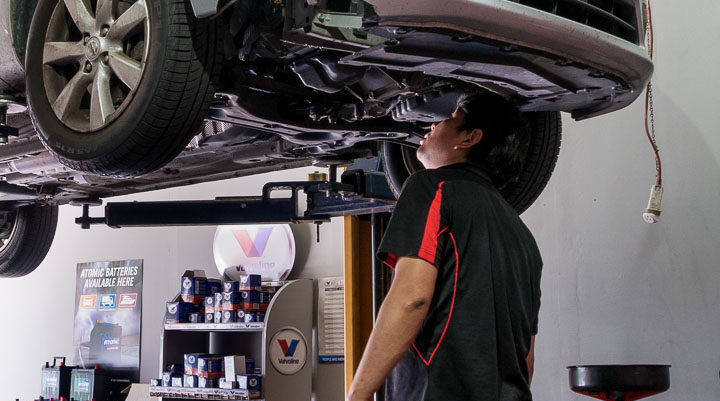
How to Maintain Your Car for Longevity
Regular Maintenance your car – 2024 update tips
Maintaining a car is essential to keep it running smoothly and to extend its life. Regular maintenance can prevent costly repairs and save money in the long run. A well-maintained car can also improve its performance, safety, and fuel efficiency.
To maintain a car, it is important to follow the manufacturer’s recommended maintenance schedule. This includes regular oil changes, tire rotations, brake inspections, and fluid checks. Neglecting these basic maintenance tasks can lead to serious problems and even accidents. In addition, it is important to address any issues as soon as they arise, rather than waiting for them to worsen. This can prevent further damage and save money on repairs.
By following these simple steps, car owners can ensure that their vehicles last many years and run smoothly. Regular maintenance not only saves money but also ensures a safer and more enjoyable driving experience.
Regular Maintenance
Regular maintenance is the key to keeping your car running smoothly for many years. Here are some of the most important areas to focus on:
Oil Changes
Regular oil changes are essential to keep your engine running smoothly. The oil helps to lubricate the moving parts of the engine and prevent them from wearing down too quickly. Most manufacturers recommend changing your oil every 5,000 to 7,500 miles, or every six months, whichever comes first.
Tire Inspection and Rotation
Tires are an important part of your car’s safety system, and regular inspections can help prevent accidents. Inspect your tires regularly for signs of wear and tear, and replace them if necessary. Rotating your tires every 5,000 to 7,500 miles can also help to extend their lifespan and improve your car’s handling.
Brake Checks
Brakes are one of the most important safety features of your car, and regular checks can help to prevent accidents. Have your brakes inspected at least once a year, or more often if you notice any signs of wear and tear. Signs of worn brakes include squeaking or grinding noises, a spongy brake pedal, or a pulsing sensation when you apply the brakes.
Battery Maintenance
Your car’s battery is responsible for powering the electrical system, and regular maintenance can help to extend its lifespan. Check your battery regularly for signs of corrosion or damage, and clean the terminals if necessary. Most batteries last between 3 and 5 years, so consider replacing your battery if it is getting old.
Fluid Level Checks
Your car’s fluids are responsible for keeping the engine and other systems running smoothly. Check your oil, coolant, brake fluid, and transmission fluid regularly, and top them up if necessary. Low fluid levels can cause serious damage to your car’s engine and other systems.
By focusing on these areas of regular maintenance, you can help to keep your car running smoothly and extend its lifespan.
Protective Measures
Taking protective measures can help extend the life of your car. In this section, we will discuss some of the most effective ways to protect your car from damage and ensure it lasts for many years.
Cleaning and Detailing
Regular cleaning and detailing can help prevent damage to your car’s exterior and interior. It is recommended to wash your car once a week to remove dirt and debris that can scratch the paint. Use a high-quality car wash soap and a soft sponge or microfiber towel to avoid damaging the paint.
Detailing your car involves cleaning and restoring the interior and exterior surfaces of your car, including the dashboard, seats, carpets, and exterior paint. Regular detailing can help prevent damage to your car’s surfaces and keep it looking new for years to come.
Rust Prevention
Rust is a common problem for cars, especially those that are exposed to salt, moisture, and other corrosive elements. Rust can cause serious damage to your car’s body and undercarriage, leading to costly repairs or even rendering the car unusable.
To prevent rust, it is important to keep your car clean and dry, especially during the winter months when salt and other corrosive materials are used to melt ice on the roads. Applying a rust inhibitor to your car’s undercarriage can also help prevent rust from forming.

Garage Storage
Storing your car in a garage can help protect it from damage caused by the elements, such as sun damage, hail, and wind. A garage can also help prevent theft and vandalism.
If you don’t have a garage, consider investing in a car cover to protect your car from the elements. Make sure the cover fits properly and is made of a breathable material to prevent moisture from building up under the cover.
By taking these protective measures, you can help ensure your car lasts for many years and stays in good condition.
For more information please visit our Facebook & Instagram pages.
